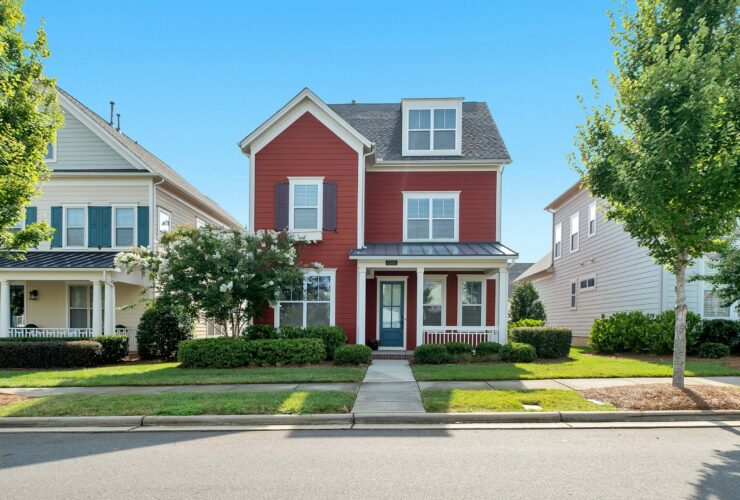Advantages and Disadvantages of Fixed Rate Home Loans
While most people in Australia will typically look to take out a variable home loan, it is first worth considering what might happen with interest rates in the future and whether that means you should think about a fixed-rate home loan. We all know that the 2023 rates hike is affecting households in a big way, so understanding the difference between loan structures can save you a lot of interest costs.
A fixed-rate home loan simply means that the interest rate on the home loan is fixed for a certain period. For most fixed-rate home loans, that is going to be around two to five years.
However, there are a number of other factors that you need to consider, apart from just the fixed interest rate.
Advantages of Fixed Rate Home Loans
The main advantage of a fixed-rate home loan is that with a set interest rate, you will have a degree of certainty around your weekly and monthly repayments. If you have budget constraints, then fixing your home loan might be an option so you know where your finances stand each month.
In addition, variable rate loans can include extra benefits, such as having “honeymoon” rates for the initial period before reverting back to a standard rate.
However, if you believe interest rates are going to rise in the future, it might be worth looking at locking in a fixed-rate loan. This will ensure your repayments remain at their current level for the term of the loan, regardless of what happens to underlying interest rates and changes from the RBA.
Disadvantages of Fixed Rate Home Loans
While it is good to have certainty around your repayments, one of the big disadvantages of a fixed-rate home loan is the lack of flexibility. If you take out a fixed-rate loan and want to change out of it or refinance, there are likely going to be higher break costs involved than with a simple variable loan.
Also, a number of the features that can save you a lot of money, such as offset accounts and redraw facilities, are typically not available on fixed-rate home loans. While you might save money with rising rates, you could have potentially saved even more if you’d had a superior loan product with more features.
In the current environment, with record-high interest rates, there are numerous home loans with very attractive introductory offers and cashback rewards for refinancing. If you qualify for a home loan with an introductory rate, that might be a better option than going with a fixed-rate loan. It would be more flexible, and the net result could be very similar.
Finally, it’s also worth noting that actual rates that come with fixed-rate loans are often a reflection of where banks and lenders believe interest rates are headed. If fixed-rate loans have higher interest rates than comparable variable rates, it suggests lenders believe rates will rise. Even if you take out a fixed-rate home loan, your repayments might still end up being more, even if interest rates and your repayments would have risen with a variable home loan.
If you like the idea of having some certainty, but you’re still not convinced about a fixed-rate home loan, then it is possible to fix a portion of your loan. That way, you can get the best of both worlds. Be sure to speak to one of your friendly Abacus Finance mortgage brokers for further details.
The information in this post is general in nature and should not be considered personal or financial advice. You should always seek professional advice or assistance before making any financial decisions.




